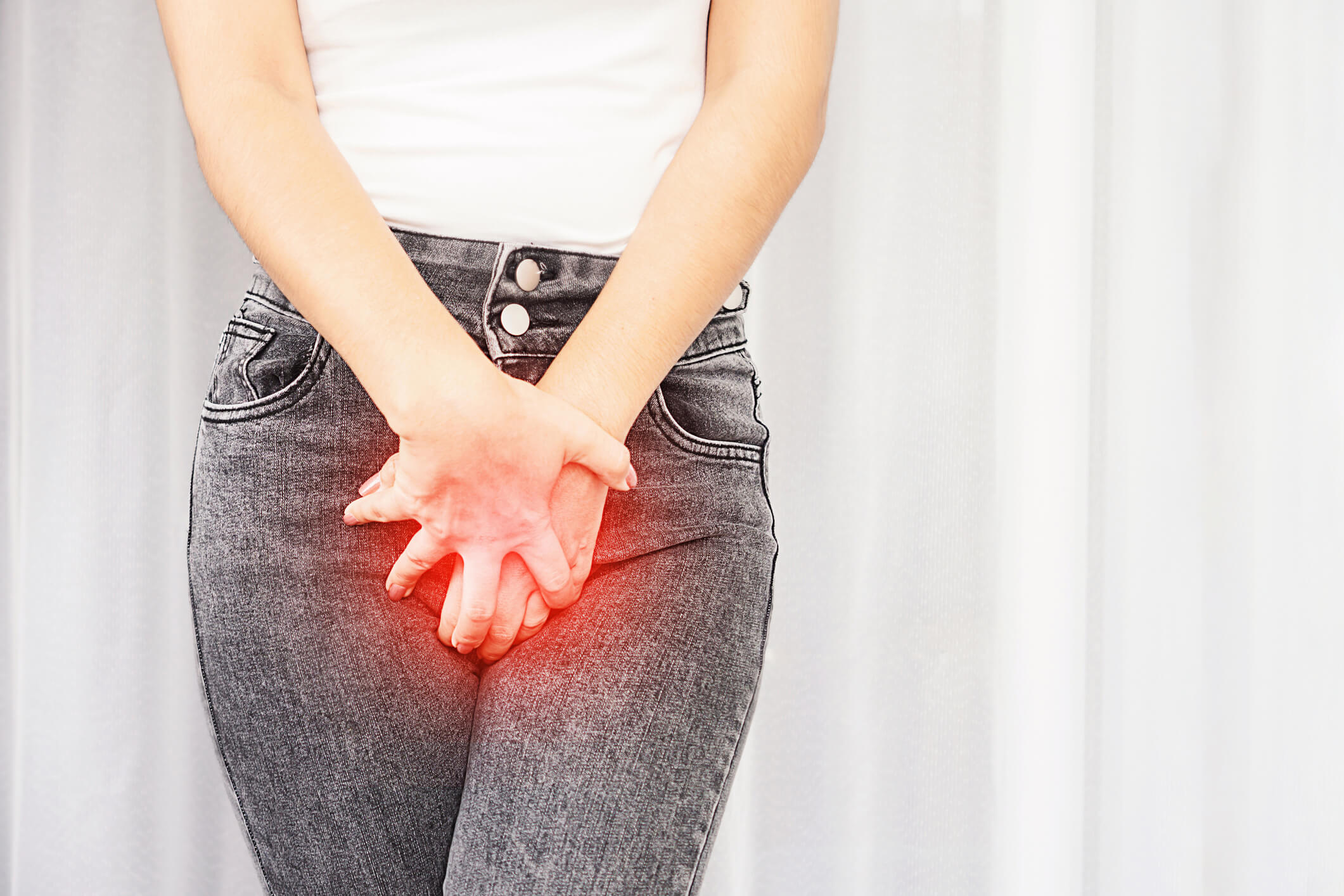
Irritation of the vulva and vagina is quite common and most women will experience it at least once in their lives.
There is delicate skin around the groin, vulva and inside the vagina, making these areas vulnerable to a wide range of conditions that can cause irritation. (Vulva is the general name given to the external parts of the female genitals.)
What causes vulva and vagina irritation?
Many things can cause irritation including:
- an imbalance of the bacteria and microorganisms that normally live inside the vagina
- lubricants and spermicides and latex products used during sex, such as condoms
- Bartholin’s cysts
- hormonal changes, such as after having a baby or during menopause
- a skin condition such as dermatitis or eczema
- excess washing or vaginal douching (washing out the vagina)
- allergy or a reaction to hygiene products such as soaps, shower gels, shampoos, or hygiene sprays
- disinfectants, antiseptics and ointments
- washing powders or liquids
- perfumed toilet paper
- sanitary pads or tampons, condoms
- sweating
- an ingrown hair
- some medications
- discharge from the vagina
- removing pubic hair
- swimming in a chlorine pool
- wearing new underwear, especially if it is not made of cotton
- very rarely, vulval cancer
Groin irritation can also be due to a build-up of sweat from not washing and drying your groin properly, or from over-washing or scrubbing the area.
What causes a vaginal infection?
As well as the causes listed above, irritation may also be a result of an infection.
Yeast infections: candidiasis or thrush is a common cause of itching, redness, swelling and a cottage cheese-like discharge.
Trichomoniasis is a sexually transmitted infection that causes itchiness and a green, smelly discharge.
Bacterial vaginosis is a bacterial infection of the vagina. It causes a thin, grey discharge and a strong fishy smell.
Genital herpes is caused by a virus. It causes painful ulcers, a rash, flu-like symptoms and a discharge from the vagina.
If you have an unusual vaginal discharge, it might be due to an infection.
What causes groin infections?
Groin infections can be caused by a fungus. A fungal infection of the groin can often be irritating to the skin and may be very painful or itchy. Fungal infections may be passed on from person to person, but this is not always the case.
Fungi like moist, warm places to infect, such as folds of skin. To prevent fungal infections the area should be kept clean and dry. It is a good idea to avoid sharing towels, bedding or clothes.
How can I look after myself?
Groin or vaginal irritation
To soothe pain in the groin, try a cool compress or ice pack (a bag of frozen peas works well) wrapped in a cloth, not placed directly against the skin. Ice packs can be re-applied every 2 to 3 hours but do not leave them on the skin for more than 20 minutes at a time. If you are in pain, see a pharmacist or doctor for advice on medicines you can take.
Washing: Wash only with water or salt water and do not douche (wash inside the vagina). Avoid using perfumed soaps, shower gels or deodorants around the area, as this can cause further irritation.
Clothing: Wear loose fitting, cotton underpants and wash all underwear in unscented soap and rinse well. Avoid G-strings, pantyhose and tight jeans.
Creams: A pharmacist or doctor can advise on the best way to treat the irritation. There are several soothing creams and ointments available. Do not apply any creams or lotions you might already have without discussing your problem with a pharmacist first.
Other tips:
- Reduce swimming in chlorine, and remove swimwear immediately afterwards.
- Use 100% cotton pads or tampons. As menstrual blood may irritate the area, consider using tampons.
- Lean forward when urinating to avoid burning.
Groin or vaginal infection
Washing tips: Clean the area in warm (not hot) water at least twice a day. Pat dry carefully and then apply any cream you have been given by your doctor or pharmacist.
Avoid using perfumed soaps, shower gels or deodorants around the area, as this can cause further irritation. Do not douche. Keep the area dry and free from sweat to make it difficult for the fungus to survive.
Wash your hands before and after cleaning to prevent the spread of the infection. Also, do not share your face cloth or towel with others.
Creams: If you are using intravaginal creams or pessaries, you’ll need to use menstrual pads rather than tampons.
Clothing: Change underwear daily and wear loose-fitting pants.
Pain relief: If you are in pain, get advice on medicines you can take.
Consider others
If you have a sexually transmitted infection, tell your sexual partner(s) so they can also be examined and treated if necessary. Avoid any sexual contact with others until the infection has cleared.
If you are concerned about your vaginal irritation, please consult your doctor.



